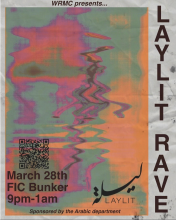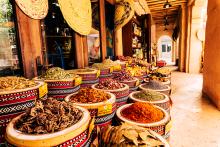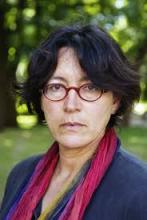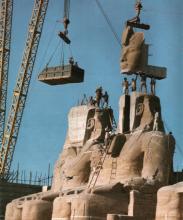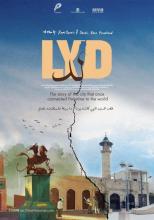Mapping the Evolution of Arabic Literary Representations of China: 1880-1940
Abstract: This presentation explores how Arab intellectuals during the Nahda—the so-called Arab cultural renaissance—engaged with Chinese culture, its anti-colonial struggle, constitutional revolution, and women’s rights.
Axinn Center 229
Open to the Public


